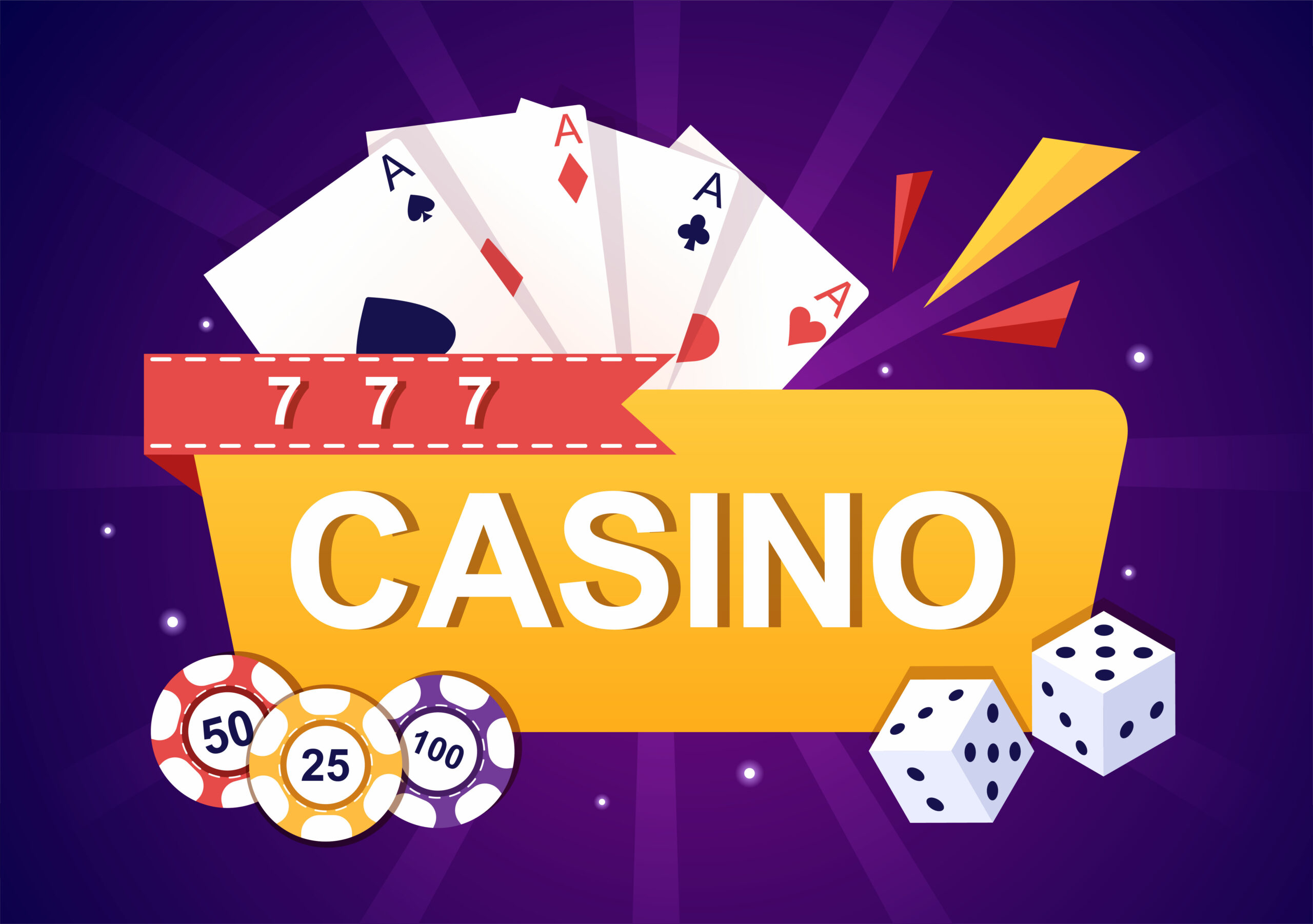
Casino games have captivated players over the ages, transforming from easy diversions to complex experiences that integrate chance, skill, and entertainment. From the early beginnings of gambling in civilizations such as the ancient societies of Mesopotamia and Rome to the extravagant corridors of current casinos, the history of these games uncovers much about our nature and our interaction with luck. As societies have intertwined and innovation has progressed, casino games have changed, illustrating shifts in society and innovations in gameplay.
The primitive versions of gambling likely included basic dice games and betting on the outcomes of sporting events. As time passed, these early games grew into more complex games like card games, roulette, and the variety of slot games that populate the premises of casinos today. Every generation brought its own set of rules, visual styles, and social relevance. In the current era, casino games continue to evolve with the rise of internet-based platforms, enabling players from everywhere to join in a shared experience, further merging the traditional with the modern era.
Ancient Roots of Gaming Games
Casino games have foundations that reach back to ancient civilizations, where betting was strongly entrenched in cultural practices and social rituals. The first known instances of betting emerged in ancient Mesopotamia around three thousand BC, including primitive dice games made from knuckle material. These initial games laid the groundwork for more advanced gambling games, reflecting humans’ innate desire to seek fortune and entertainment through luck.
As societies evolved, so did their betting pursuits. In ancient China, around two thousand three hundred BC, tiles were found that looked like primitive basic versions of a lottery activity. More organized forms of gambling developed in the Roman Empire, where activities of luck were a frequent recreation, often occurring in community events. The Romans developed multiple betting games, which composed die and board games, illustrating the widespread nature of gambling across various economic strata.
With the movement of years, these early activities contributed to the progress of modern gambling activities. In the Middle Ages, playing card games became prevalent in Europe, paving the way for the organized gambling venues we know today. The transition from casual betting to formal gambling in taverns and personal houses marked a significant shift in how people engaged with games of chance, leading to the subsequent establishment of casinos as specialized venues for betting.
The Growth of Modern Casino Gaming
The final 20th century marked a crucial shift in the realm of gaming, fueled by technological progress and transformations in cultural attitudes towards betting. The introduction of computers and the World Wide Web altered the way gamblers interacted with their preferred gaming experiences. Virtual casinos emerged, enabling enthusiasts to enjoy traditional table games like Texas Hold’em and 21 from the comfort of their homes. This new online environment not only broadened access to casino games but also drew in a newer demographic who found the comfort and diversity appealing.
As digital gambling gained momentum, so did advancements in casino tech. The development of sophisticated programs and graphics transformed conventional casino games into immersive adventures. Players could now interact with realistic dealers through real-time broadcasts, bringing the vibe of brick-and-mortar casinos directly into their living rooms. This fusion of live gaming with online platforms created a unique hybrid experience that boosted the social aspect of gambling, making it possible for people to connect and challenge with fellow gamers around the planet.
Furthermore, the rise of mobile gaming substantially changed the casino landscape. Bảng xếp hạng bóng đá With the widespread use of smartphones and tablets, gamblers can access their beloved casino games at any location, anytime. Mobile applications offer a vast array of games optimized for touchscreens, catering to the dynamic lifestyle of modern users. This easy access has resulted in growing involvement in casino games, contributing to the surge of the gambling sector. As a result, the outlook of the gaming industry continues to develop, responding to technological advancements and shifting consumer preferences.
The Impact of Technology on Casino Games
Technology’s advancement has greatly changed casino games, improving the overall gaming experience for gamblers globally. As the internet emerged, online casinos emerged, allowing players to enjoy their favorite games from the safety of their own homes. This change not only made casino games more accessible but also increased the variety of games available, as online platforms could host numerous variations of traditional games without the limitations of brick-and-mortar establishments.
The rise of mobile technology further revolutionized the casino gaming landscape. As smartphones and tablets became widespread, players can to play casino games whenever and wherever they want. This mobility has resulted in the development of dedicated mobile applications and optimized websites that offer smooth gaming experiences. Additionally, innovations such as live dealer games have delivered the genuine feel of a casino into players’ homes, bridging the gap between physical and online gaming. Okwintv
Furthermore, advancements in artificial intelligence and virtual reality are paving the way for the next generation of casino games. AI enhances game design and player interaction, creating tailored experiences based on user behavior and preferences. Meanwhile, virtual reality provides immersive environments where players can interact in a simulated casino setting, making the gaming experience more engaging and lifelike. As technology continues to evolve, the future of casino games seems bright, filled with limitless opportunities for innovation and entertainment.